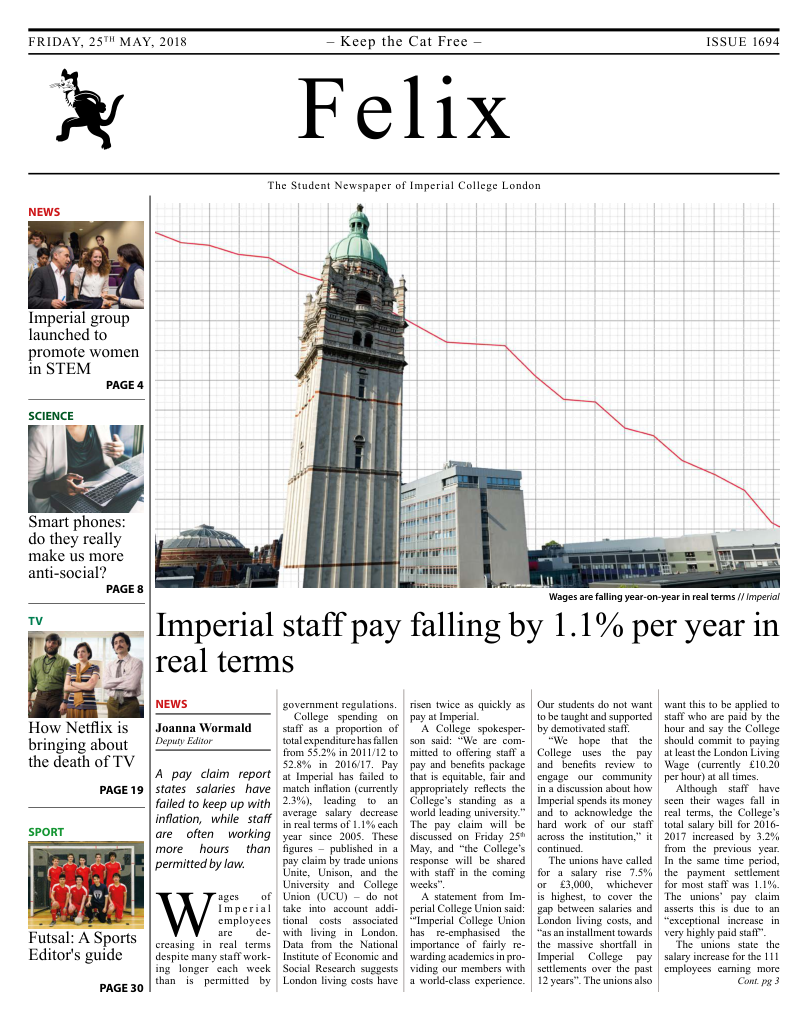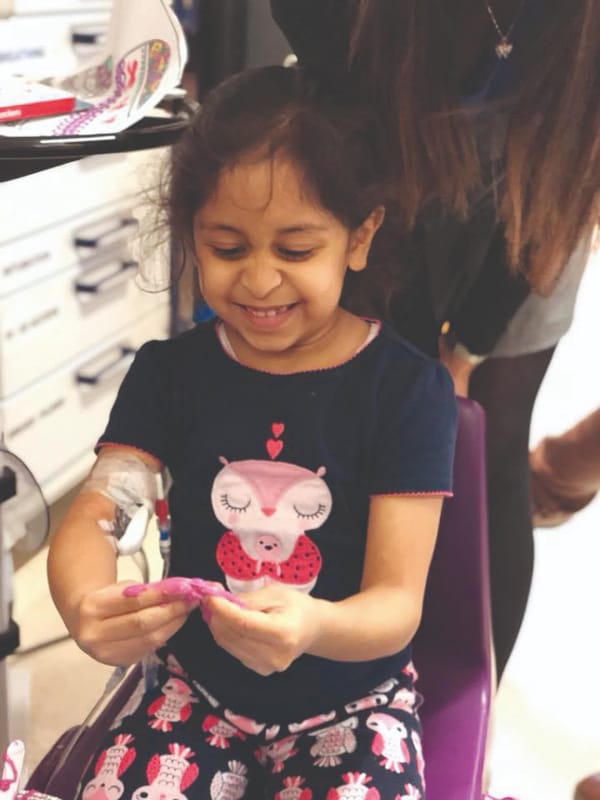Getting down with the kids
Type I Diabetes can be a life-threatening condition that strikes the young. New scientific developments suggest we might be able to look to genetics to see who is most at risk.

Who doesn’t love chocolate? While you and I might enjoy its taste freely, there are 80,000 children each year who are unable to do so. The reason: they suffer from type 1 diabetes, which manifests itself at an early age. Unlike type 2 diabetes, which comes into effect at an old age, due to the pancreas slowly losing its ability to produce enough insulin, type 1 diabetes has genetic origins leaving patients needing to constantly monitoring their food habits from childhood.
The presence of diabetes within an individual can be attributed to a combination of both nature and nurture. However, the genetic causes (nature) far trumps personal habits (nurture) as the leading cause of type 1 diabetes. This makes the dangers of type 1 diabetes particularly difficult: since its onset occurs in childhood, there can be a high risk of a reduction in life expectancy; and since the pancreas malfunctions, and is unable to make insulin, there is far less tolerance for hyperglycaemic attacks compared to type 2 patients.
Due to its high incidence and mortality risk, it is important to have an early diagnosis, ensuring correct interventions are provided in a timely fashion. The presence of a family history of diabetes is considered a “red flag,” and puts children at higher risk of developing the condition. However, it is neither a perfect indicator nor a necessary condition for diabetes to develop. Therefore, to tackle this issue, scientists from Helmholtz Zentrum München developed a “genetic score” to identify if an infant possess the risk of type 1 diabetes with no family history of the condition. The study was conducted over ten years, with more than 3000 children monitored since their infancy, that were followed up every three to six months.
The researchers used genetic information from multiple sequences of DNA associated with diabetes risks to create a more reliable metric to predict the risk of developing the condition. By using this score, it will be possible to sort infants for early-stage interventions, which could enhance both the quality of life and life expectancy of these children. The scientists are confident in the real-world applicability of their research and have filed a patent based on this genetic score. The life of a diabetic patient can be a difficult one, with the slightest negligence having the potential to turn into a life-threatening accident. The lack of a direct causal understanding of the origin of type 1 diabetes makes the matter even trickier. Hopefully, using this advanced genetic scoring, further improvements along this line can forge the way for individualised medicine – where patients can be treated according to their specific needs based on their unique genetic footprint.









